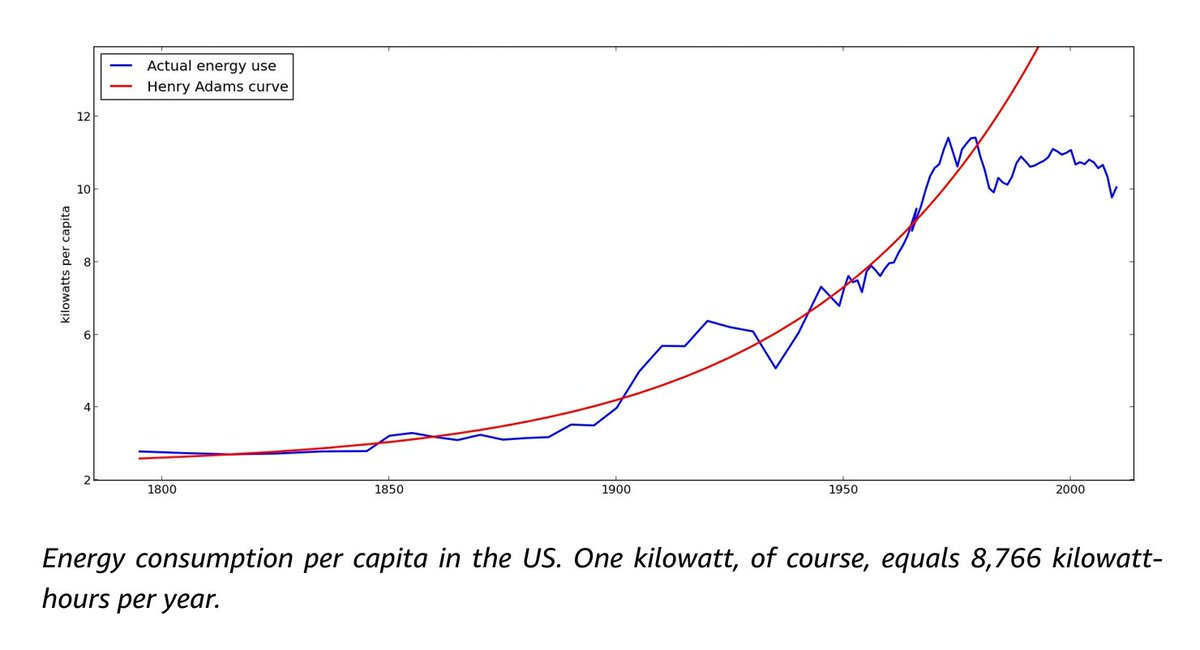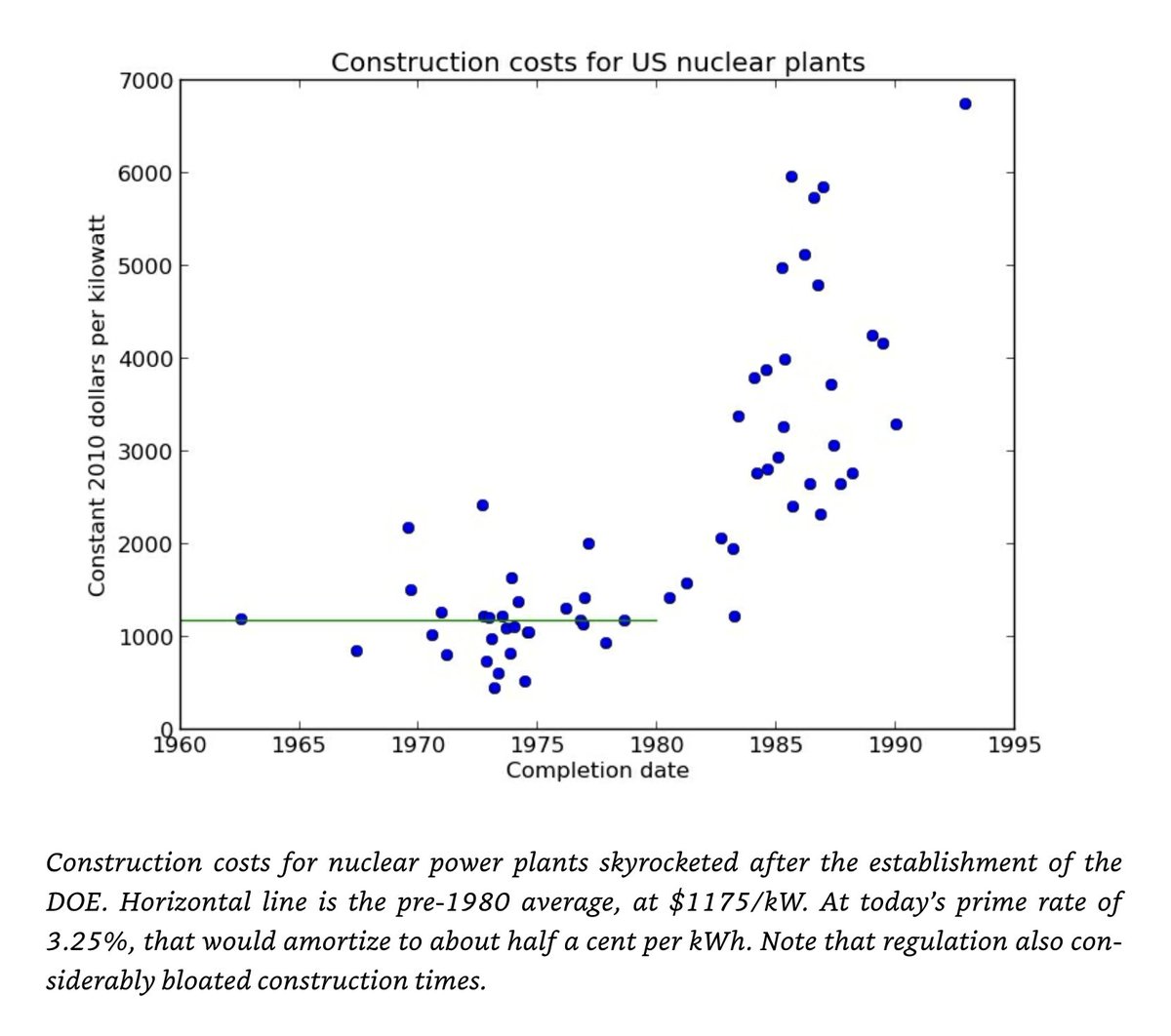
Did we learn that? Or did we learn that the huge regulation of 2002, namely Sarbox, killed IPOs for a decade while doing nothing to prevent the financial crisis of 2008?
https://twitter.com/felixsalmon/status/1334867756123103236
Many regulations are sold in the following way:
- Something should be done
- This is something
- Therefore this should be done
Needless to say, the outcomes are not always desirable.
- Something should be done
- This is something
- Therefore this should be done
Needless to say, the outcomes are not always desirable.
https://twitter.com/mattyglesias/status/1332850386022129665
Just to pre-empt a likely distortion, the answer isn't "no regulation" either. It is to have many jurisdictions with different alternatives, such that people can weigh pros & cons of each.
We see this with marijuana laws at state level, stem cells at national level, etc.
We see this with marijuana laws at state level, stem cells at national level, etc.
Btw, I respect @felixsalmon for not just betting against @bhorowitz on Bitcoin but winning the bet (though arguably not the spirit of the bet). Writeup here:
npr.org/transcripts/69…
npr.org/transcripts/69…
• • •
Missing some Tweet in this thread? You can try to
force a refresh








